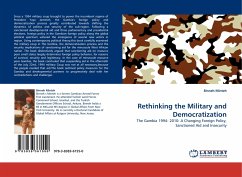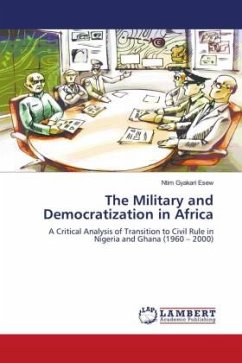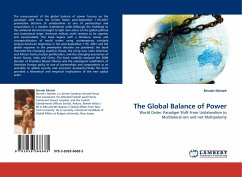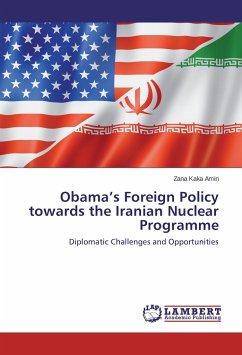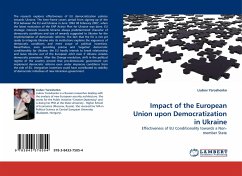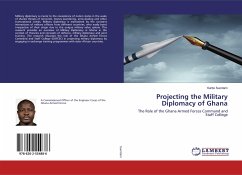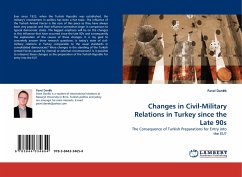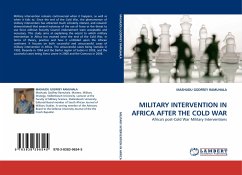Since a 1994 military coup brought to power the incumbent regime of President Yaya Jammeh, the Gambia's foreign policy and democratization process greatly contributed towards shifting the dynamics of politics and security of the sub-region. Following a sanctioned developmental aid and three parliamentary and presidential elections, foreign policy in the Gambian foreign policy along the global political spectrum ushered the emergence of several new actors in region. Using contemporary political theory,this book carefully examined the military coup in The Gambia, the democratization process and the security implications of sanctioning aid for the minuscule West African nation. The book distinctively argued that sanctioning aid on resource poor small states largely determines foreign policy behavior, for reasons of survival, security and legitimacy. In the case of minuscule resource poor Gambia, the book concluded that suspending aid in the aftermath of the July 22nd, 1994 military Coup was not at all necessary,because the people needed that aid.The book outlined policy measures for the Gambia and developmental partners to progressively deal with her contradictions and challenges
Bitte wählen Sie Ihr Anliegen aus.
Rechnungen
Retourenschein anfordern
Bestellstatus
Storno

